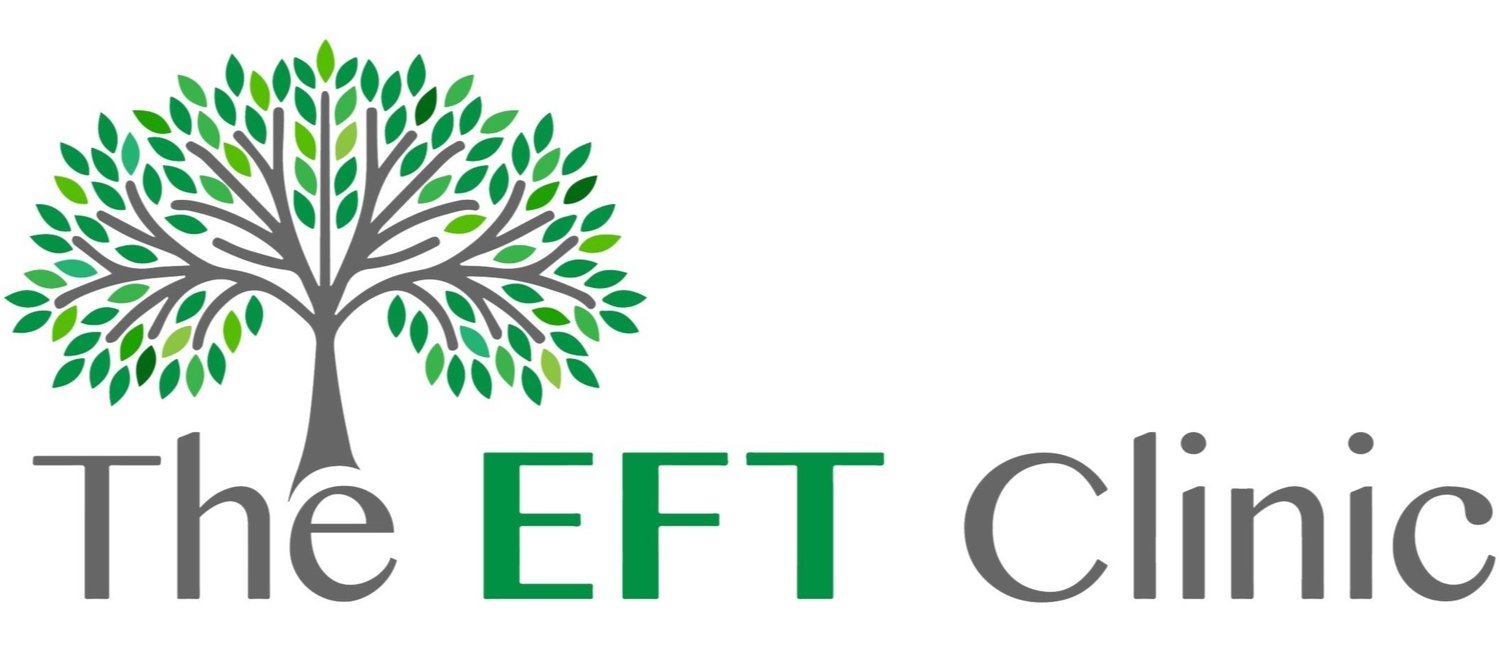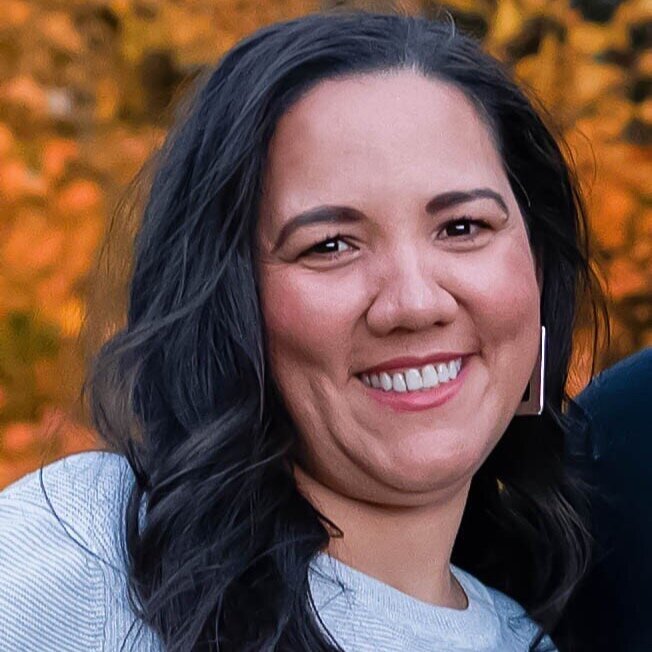Baby Blues
/Are You Suffering from the Baby Blues?
by Carina Wolf, LCSW
Postpartum Depression is a type of depression someone might develop after the birth of their baby. It can start any time after the birth, and last up to two years. We also know that some individuals can develop symptoms during their pregnancy, which is called Perinatal Mood Disorder.
Is there a difference between Postpartum Depression and Baby Blues?
Baby Blues are short term, with most women seeing improvement after about three weeks. Symptoms such as irritability, feeling overwhelmed, weeping and exhaustion are tolerable, meaning the emotional instability doesn’t interfere with caring for the baby or themselves. About 80% of women will experience symptoms of Baby Blues.
Postpartum Depression, however, lasts longer (up to two years after the birth of baby). Symptoms are usually more severe, and can include excessive worrying, feeling anxious, anger, disconnection from family and/or baby, irritability, agitation, appetite change, sleep changes (not being able to sleep when baby sleeps, or sleeping too much), tearfulness, difficulty concentrating, guilt or shame. This can lead moms to have a difficult time caring for the baby or for themselves. About 10-20% women experience Postpartum Depression.
Some women might also develop panic, PTSD, OCD and/or Postpartum Psychosis.
Some signs of panic include feeling worried, nervous and/or anxious most of the time. Some individuals might also experience panic attacks, which can often feel like having a heart attack.
PTSD might develop during the pregnancy or following a childbirth that has been perceived as a traumatic experience.
OCD symptoms can include intrusive or disturbing thoughts. There is usually a hyper-vigilance about keeping the baby safe, which leads to repetitive actions in order to reduce fear.
Although Postpartum Psychosis occurs less frequently (in about 1% to 3% women), it requires immediate intervention. Symptoms can include hallucinations, inability to sleep, strange beliefs, rapid mood changes, agitation, irritability and/or poor decision making.
Who is at risk?
Data shows that teenage moms are at a higher risk to experience postpartum depression than older moms. It is important to note, however, that all women, and sometimes even fathers, can experience perinatal mood disorders.
Individuals who struggled with mental health issues previously are also at a higher risk to experience postpartum depression.
If you or a loved one experience any of the symptoms mentioned, please reach out for help. Know that you are not alone, and that with professional guidance symptoms can decrease. Talk to your medical provider and seek professional counseling with someone who is trained to understand perinatal mood disorders.
Another important resource is the Maternal Mental Health organization in Utah:
https://mihp.utah.gov/maternal-mental-health
I would love to help, too! I am trained in perinatal mood disorders and would be honored to work with you. You can reach me by emailing carina[@]theeftclinic.com.
References:
https://www.webmd.com/depression/postpartum-depression/understanding-postpartum-depression-basics#1
https://www.psiutah.org/emotional-health/signs-symtoms/
Carina is a Licensed Clinical Social Worker at The EFT Clinic in Salt Lake City and Lehi, Utah. She earned her Bachelor’s degree in Psychology, and her Masters of Social Work degree. Carina has great passion for therapy, and strives to provide a safe and non-judgmental environment where individuals and couples are met with empathy. She uses a client-centered approach to meet each individual’s needs. Using approaches such as Cognitive Behavioral Therapy, Dialectical Behavior Therapy, and mindfulness, Carina helps clients realize that when they know better they do better.
If you would like to schedule an appointment with Carina, please call 385-695-5949 or email carina@theeftclinic.com.








